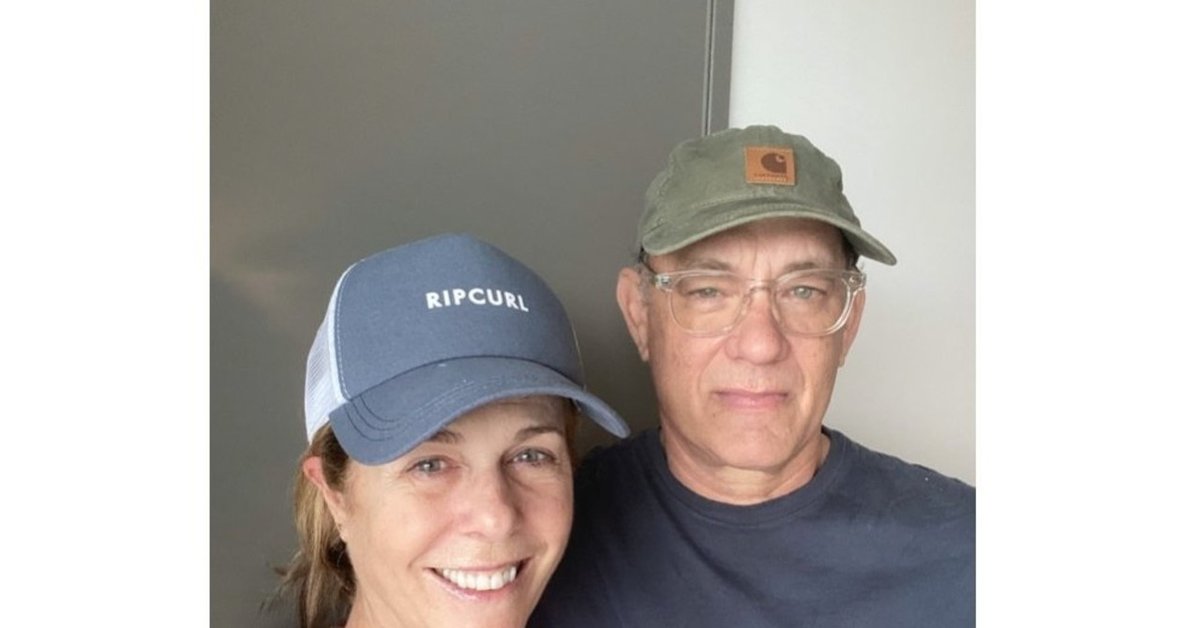
#9 複合名詞とその発音(強勢)に関する英文記事'Compound Nouns and Pronunciation'の意訳抄訳(引用英文込みで全角2490字程; VOA Learning English, May 28, 2020)
(元英文記事693words)
1.What are compounds?
The word compound suggests two words that, together, have one meaning. The two words have become a kind of phrase or expression that acts like a noun.
Often, two nouns make up a compound. For example, the nouns book and shelf can be combined to make the compound noun bookshelf. Every student fears another kind of compound noun: a report card.
In writing, compounds sometimes have a space between the two words; sometimes they do not.
At times, a compound noun is based on an adjective and a noun. Hot dogs are a popular food sold at baseball games in the U.S. The word hot is an adjective and dog is a noun. Together, they make the compound noun, hot dog.
複合名詞とは何か?
conpound(合成の,混成の,複合の; 混合物, 合成物, 複合物)という言葉は、2つの言葉が一緒になって1つの意味を成すことを示唆しています。
しばしば、2つの名詞が複合物(複合形、複合名詞)を作ります。たとえば、bookと shelfが bookselfという複合名詞を作ります。もっとも、学生なら、別の種類の複合名詞のことを恐れるはずです。たとえば、reported cardなどです(2つの言葉の間にスペースが入った種類の複合名詞)。
文章では、複合名詞は元の2つの言葉の間にスペースを入れることもあれば、スペースを入れないこともあります。
ときには、複合名詞は形容詞と名詞に基づく場合があります。hot dog(食べ物のホットドッグ)などです。hotが形容詞で dogが名詞です。それらが複合名詞を作ります。
2.(1) Compounds and pronunciation
The idea is this: In speaking, Americans usually stress the first word in a compound. They say the first word louder or longer to show its importance. At times, stress could also mean saying something with a higher pitch in your voice.
Listen to some of the words from earlier in our report:
bookshelf
report card
hot dog
However, when an adjective goes before a noun, and the two words do not make a compound, then the stress should go on the noun - the second word.
So, if the adjective good goes before the noun job, then the stress goes on job. This is because good job is not a compound noun - it is just an adjective and a noun.
Here are two examples:
He did a good job.
Good job!
複合名詞と発音
基本的なアイデアはこうです。話し言葉では、アメリカ人は通常、複合名詞の一つ目の言葉に強勢を置きます。一つ目の言葉の重要性を示すために、それを大きな声で言ったり、長めに発音したりする訳です。あるいは、高めの声で発音したりします。
しかしながら、複合名詞を形成しない形容詞+名詞の場合、強勢は二つ目の言葉に置かれます。
たとえば、He did a good job.などという場合には、jobに強勢が置かれます。good jobが複合名詞ではないからです。
(2) In the book Mastering the American Accent, Lisa Mojsin writes how stress helps show a difference in meaning between a compound noun and an adjective plus noun group that is not a compound.
Here are two examples:
I went to the White House.
I went to the white house.
The first statement uses a compound noun – White House, the official home of the U.S. president.
The second statement uses an adjective and noun that do not make up a compound - white house.
Did you hear how the stress was different in the two statements?
この強勢は、複合名詞と、複合名詞ではない形容詞+名詞との意味の違いを示すのに役立ちます。たとえば、I went to the White House.では、ホワイト・ハウス(アメリカ大統領の官邸)という複合名詞であり、一つ目の Whiteに強勢が置かれます。これに対して、I went to the white house.では、複合名詞ではなく単に形容詞+名詞で、強勢は houseに置かれます。これにより「白い家」という意味であることを示しています。
(3) 最後に、元の英文記事添付のポッドキャストを聞きながら、上記のルールの実際の使われ方、(2つの言葉の間にスペースが入った種類の)複合名詞か、複合名詞でない形容詞+名詞の種類か、を確認することができます。
In baseball, the batter is supposed to run toward first base after he or she hits the ball. You could say that the batter’s attention is on getting to the first base.
Likewise, when you pronounce compound nouns, your attention should be placed on the first word, or first part of the word.
The next time you are watching an American film, try to listen for how the actors put stress on different words. Try to listen for examples of compound nouns. Try using word stress in the way we talked about today.
With time, your speaking will become clearer and more understandable to native speakers.
以上、太字にした12個の名詞+名詞、形容詞+名詞のうち、複合名詞は、compound nounsと word stressと考えられます。
4.[余話] 写真につけられたコメントの検討

(1) Hello folks.
呼びかけの folksは、フレンドリー、インフォーマル、カジュアルなようで、話し言葉としてはアメリカ南部やお年寄りの方がよく使われているようです。
オバマ大統領もよく使っていたもので、「こんにちは、皆さん」というのをフレンドリーに言うときに使うのでしょう。大勢の人に対して呼びかける場合で、ツアー・グループなどに対しも使われるようです。一般的には、guysの方がよりカジュアルで、よく使われるようです。
仕事関係の文章でかつフレンドリーさを出すために、folksを使うことがあるのでしょう。その場合に、呼びかける大勢の相手に女性も含まれる場合、guysも使えますが、folksの方が無難なのでしょう。
(2) Down Under: Australia or New Zealand
Down Underも、(副詞あるいは前置詞ではなく)複合名詞的に使われていると思われます。複合名詞かつ固有名詞であることを示すために、大文字で書かれていると思われます。ただし、Coliinsオンライン辞書の例文(For summer skiing down under, there is no better place than New Zealand.)にあるように、down underを「オーストラリアあるいはニュージーランドで」と副詞的に使うこともできるようにも思います。その場合の強制のルールについてはわかりません(この場合、複合副詞(compound adverb)ということになるのでしょう。)。
YouGlish.comで聞いてみたら、一つ目の Downに強勢が置かれるように思いました。ついでに、New Zealandも一つ目の Newに強勢が置かれていることが多いように聞こえました。
(3) take it one-day-at-a-time
「先のことを過度に心配せず、1日1日を大事に生きる」という意味合いだろうと思います。分析的に考えると at a time(1回で)、one day(1日)を取り計らう、「1回で対処するのはその1日のことだけにしておく」といった感じになるだろうと思います。
(4) "no" as a question tag(付加疑問)
There are things we can all do to get through this by following the advice of experts and taking care of ourseves and each other, no?
It's used more self-consciously, as Kim said, tho' I think it would still be grammatically acceptable. But I guess it depends on who it is that says it's acceptable... you probably wouldn't find it in the Chicago Manual of Style or MLA handbooks. But readers would understand the general meaning. Grammatically correct, however, in the sense that it "makes sense," and would be recognized by native English speakers.
Something to be used with caution, however... not really of term paper caliber. You are right that it is informal/ conversational. Some places they say "ay?" at the end, some places "right?" ... and the list goes on. I would probably say that "ay" (as in the Great North of Canada, I'm told) as the question tag is the closest relative to the "no?" that I can think of.
...[肯定文], no?で、付加疑問を表すようです。
肯定文に付ける付加疑問形の正式な形は、..., isn't it?(..., aren't them? ..., aren't you? ..., amn't I? ..., won't you?などなど)ですが、他に、..., right?もあるし、方言として Clever, ain't I?というような形もあるようです(後掲Wikipedia参照)。
スペイン語では ¿no?、イタリア語では no?という付加疑問形があるようで(後掲Wikipedia参照)、そのまねをして英語でも ..., no?と使うという説明もあれば、意味が通じるという点で文法的に正しいとの説明もあるようです。日本語でも、話し言葉の最後に、「・・・だよね、違う?」と念を押す場合がありますよね。ですので、英語の書き方のルールの本には載っていなくても、意味は通じますね。
他に、カナダの最北部(Great North of Canada、Great Northが厳密にどこを指すのがまではわかりませんでした)では、ayという付加疑問形もあるようです。これは、はい(賛成)という意味の ayeの省略形であれば、日本語でいうところの「・・・、だよね?」という感じでしょうか。
・self-consciously: 照れ臭そうに
・The MLA Handbook (8th ed., 2016), formerly the MLA Handbook for Writers of Research Papers (1977–2009), establishes a system for documenting sources in scholarly writing. It is published by the Modern Language Association, which is based in the United States.
・term paper: 期末レポート
・Caliber describes the level of ability a person has achieved in a profession. The caliber of an institution or a program describes the height of its standards.
以上(俳優 Tom Hanksの写真に付けられたコメントの方が難しかったです。)
この記事が気に入ったらサポートをしてみませんか?
